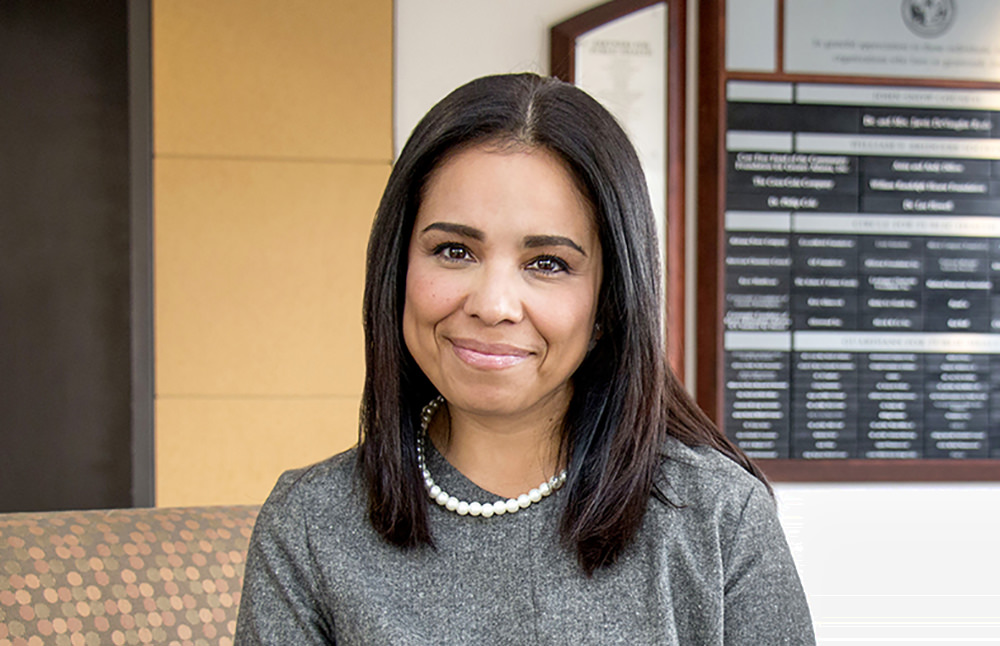Dr. Bertha Hidalgo, an associate scientist at the UAB Nutrition Obesity Research Center and Faculty Scholar at the UAB Center for the Study of Community Health, provided the September 25 Scholarship Conference lecture hosted by the College of Community Health Sciences.
Her lecture focused on innovative research on Latinos and cardiometabolic diseases – obesity, cardiovascular disease and Type-2 diabetes – and implications for medical practice and was provided during The University of Alabama’s Hispanic/Latino Heritage Month.
Hidalgo, who is also an assistant professor of Epidemiology at the University of Alabama at Birmingham, discussed the differences between precision medicine and precision health along with genomics and epidemiology.
“When you think of genomics, you think of precision medicine— the right treatment, the right person, at the right time,” said Hidalgo. “Precision health is the right intervention for the right population at the right time. So we are thinking bigger scale.”
Hidalgo, the principal investigator of Epigenomics of Cardiometabolic Disease in Mexican Americans, is particularly interested in the heterogeneity of populations and the implications of that heterogeneity for genomic findings.
“There are a lot of nuances in Mexican Americans, Native Mexicans, that differ from the cultural, social and other nuances that say, Dominicans and Puerto Ricans and Central Americans and Chileans and so forth have,” said Hidalgo. “We differ in terms of our diet, we differ in terms of our social practices and all of that has implications for health outcomes.”
Hidalgo, herself Mexican American, found that genomic studies have increased diversity but are still leaving many populations, such as Hispanic/Latino, Native American and Middle Eastern, underrepresented.
Rare genetic variations, those that occur in less than five percent of the world’s population, but comprise the bulk of variants, tend to be population specific. If they do play a key part in disease, the lack of diversity in studies creates a skewed version of the entire health picture.
Type-2 diabetes research is an example of this skewed image. There are more than 100 gene variations that contribute to risk of Type-2 diabetes, however the majority of work today has been done only on populations of European ancestry. Hidalgo is focusing her research to better understand the genetic and environmental contributors to cardiometabolic diseases in a cohort of Mexican Americans.
Through her research, Hidalgo has found that shared genetic ancestry may play a role in increased risk for Type-2 diabetes, specifically in Mexican Americans. The correlation between Type-2 diabetes and genetics is still being explored and researched to further understand the role between genetics and medicine.
“Just having genetic information in and of itself is not important,” noted Hidalgo. “It’s what you do with that genetic information.”
